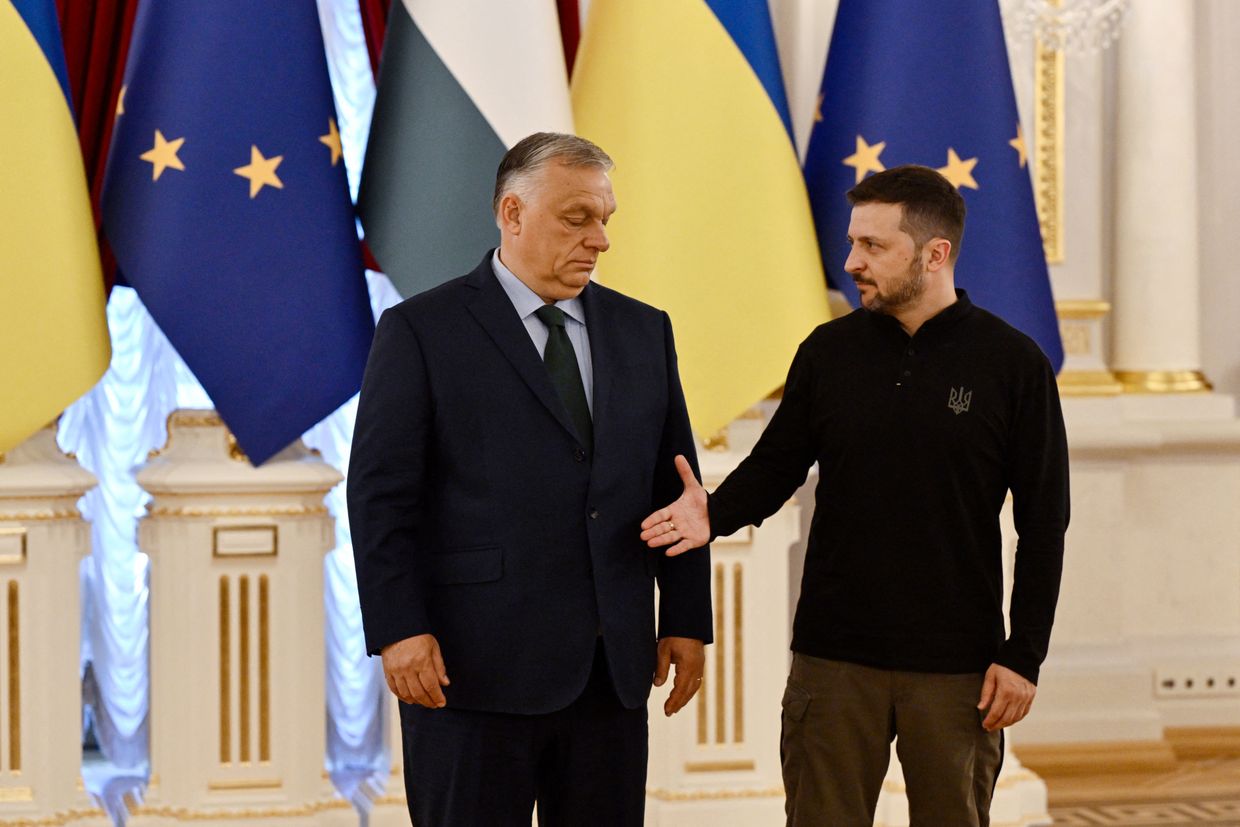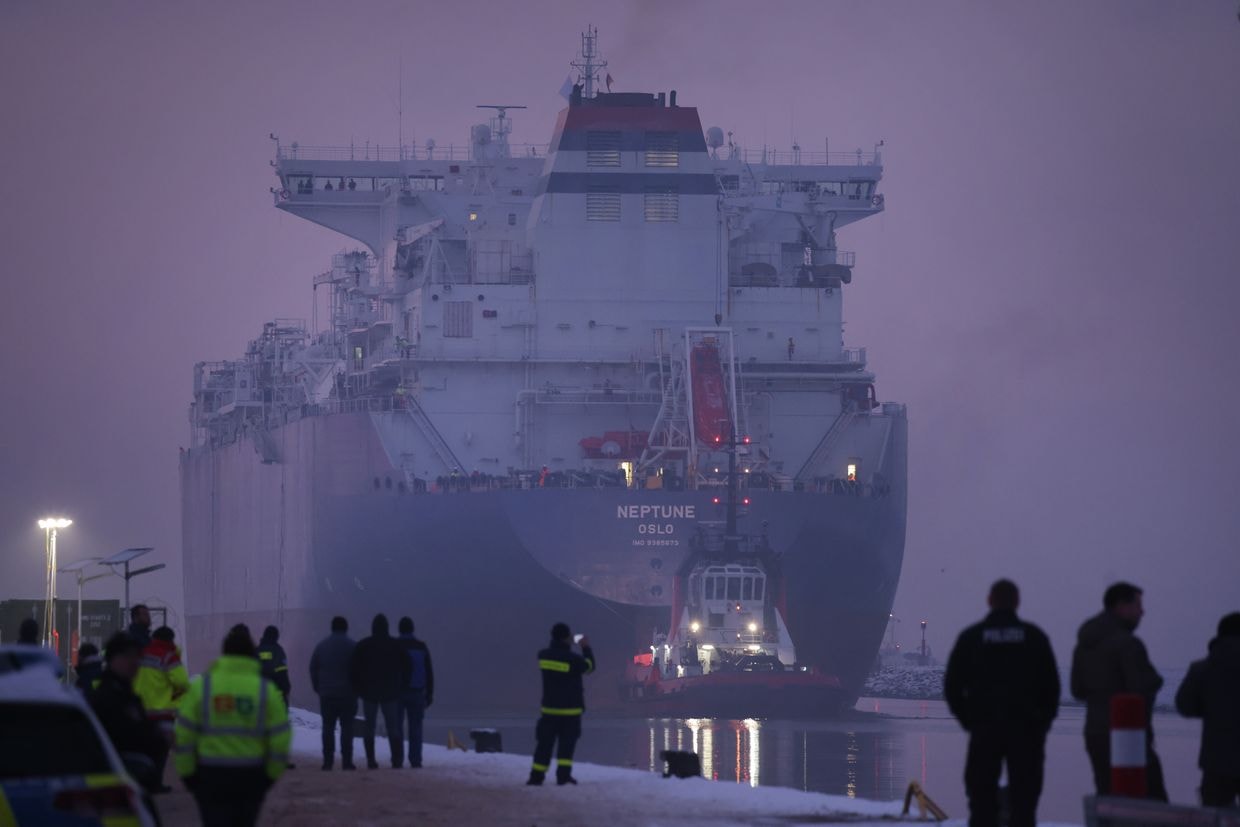Easing fears of US pullback, Trump to appoint next chief of NATO's European command, Reuters reports

U.S. President Donald Trump has decided to appoint the next Supreme Allied Commander Europe (SACEUR), reaffirming a key American role in NATO's military structure, Reuters reported on May 30, citing unnamed officials.
The decision marks a reversal of earlier speculation that the Trump administration was considering relinquishing the U.S. military position, traditionally held by an American four-star general for nearly 75 years.
According to Reuters, Trump personally informed NATO Secretary General Mark Rutte of the decision, with an official announcement expected in the coming days.
The leading candidate is reportedly U.S. Air Force Lieutenant General Alexus Grynkewich, who currently serves as Director for Operations of the Joint Staff.
The position, currently held by Army General Christopher Cavoli since July 2022, oversees all NATO operations in Europe and is considered one of the alliance's most critical posts. The U.S. has filled the role since its creation after World War II.
The move is likely to offer short-term reassurance to NATO allies wary of a potential American drawdown. Trump's "America First" doctrine has repeatedly cast doubt on the U.S. commitment to multilateral alliances, especially NATO.
In recent years, he has questioned whether Washington should defend alliance members that do not meet military spending benchmarks. The comment sparked alarm across Europe, where several countries, including Italy, Canada, and Spain, still fall short of the 2% of GDP goal.
Some NATO members are now reportedly considering raising the threshold to 3% of GDP by 2030.
The decision to name a new SACEUR suggests the U.S. will remain engaged in the alliance's military command structure for now, even as Trump continues to push for a rebalancing of defense responsibilities among NATO members.












